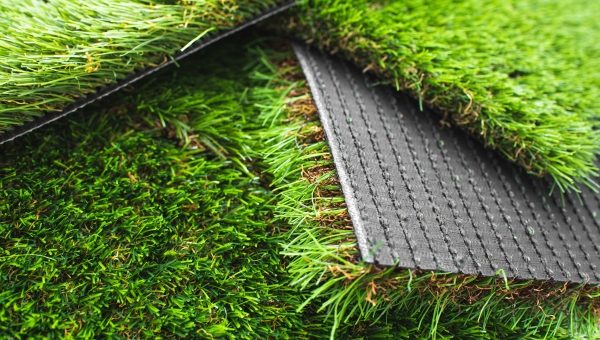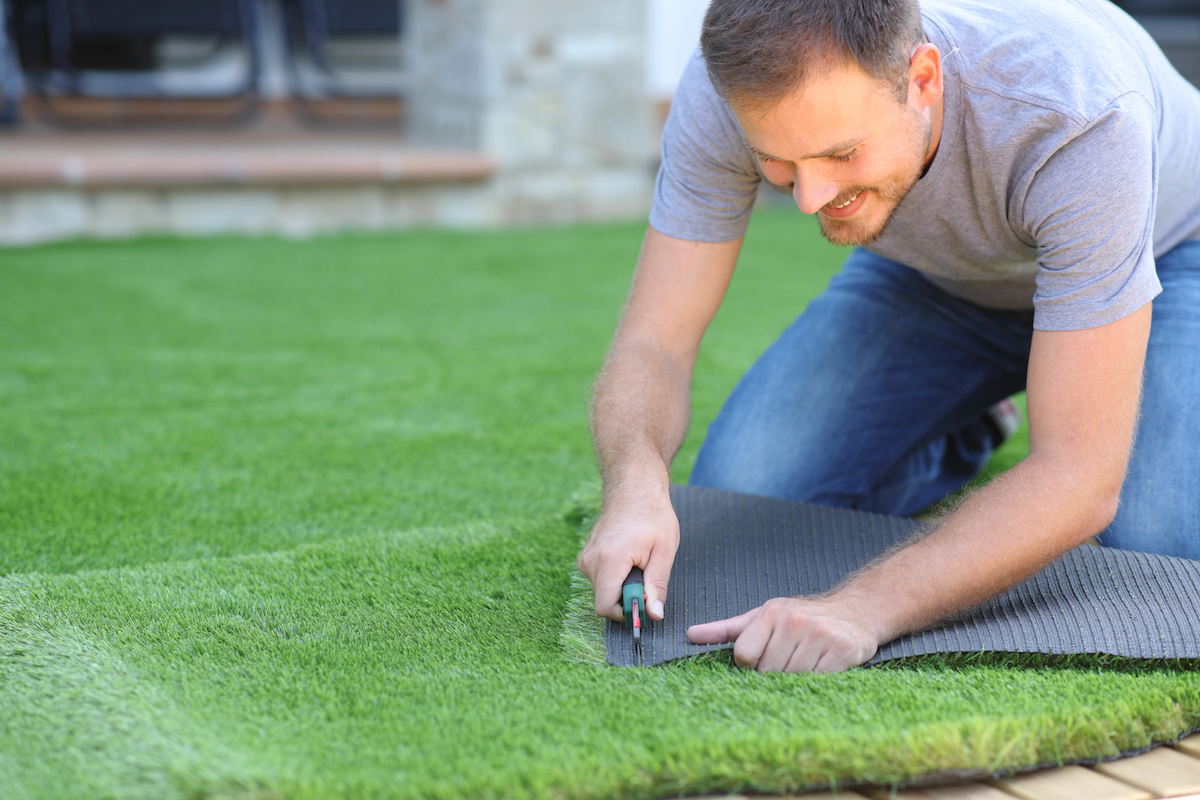Skilled Arizona Turf Installation Services for Home and Commercial Use
Skilled Arizona Turf Installation Services for Home and Commercial Use
Blog Article
Delve Into the Environmental Benefits of Opting for Synthetic Grass Solutions
The adoption of fabricated turf services presents a compelling chance to attend to pressing ecological challenges. By substantially lowering water use and reducing the application of harmful chemicals, these options not only promote sustainable landscaping however also safeguard regional communities.
Water Conservation Advantages
Among one of the most substantial benefits of synthetic grass is its capability to preserve water. Typical lawn yards call for substantial watering, specifically in locations vulnerable to drought or water constraints. On the other hand, artificial turf does not need watering, substantially lowering the overall demand for water sources. This function is specifically advantageous in deserts where water scarcity is a pushing issue.
By removing the requirement for normal watering, synthetic grass adds to lasting landscape techniques and assists alleviate the ecological effect of extreme water consumption. Furthermore, the conservation of water encompasses the decrease of runoff, which can result in dirt disintegration and river contamination.
Additionally, the installation of synthetic grass permits towns and homeowners to designate water sources much more efficiently, concentrating on important usages such as drinking water and farming. The change towards man-made grass not just promotes responsible water usage however also aligns with broader ecological goals aimed at protecting natural resources.
As communities increasingly prioritize sustainability, the water conservation benefits of man-made turf provide a compelling situation for its adoption in residential and commercial landscaping projects.
Lowered Chemical Usage
The transition to artificial grass dramatically reduces the reliance on chemical therapies commonly made use of in natural grass maintenance. Conventional turf administration commonly entails the application of pesticides, herbicides, and fertilizers to advertise growth and control insects. These chemicals can posture dangers to human health, neighborhood wild animals, and the setting, adding to soil and water contamination.
In contrast, fabricated turf eliminates the demand for these dangerous substances. By reducing the release of artificial compounds into the environment, artificial turf advertises healthier soil and water systems.
Additionally, the absence of chemical runoff related to synthetic grass setups assists secure regional rivers from pollution, sustaining water life and preserving biodiversity. Arizona artificial turf. As areas progressively prioritize sustainable practices, choosing for synthetic grass presents a practical option that straightens with ecological preservation goals. Through this change, residential property proprietors can take pleasure in rich environment-friendly areas without jeopardizing environmental health, leading the way for a more sustainable future
Lower Carbon Impact

Moreover, the setup of fabricated turf can lead to significant water conservation. Natural yards need substantial amounts of helpful resources water for watering, which not just contributes to the carbon footprint connected with water extraction and treatment however also pressures local water resources. In comparison, man-made turf needs very little upkeep, needing no watering, therefore substantially lowering water use and its connected power prices.
In addition, the durability of man-made lawn adds to its reduced carbon impact. With a life-span of up to 15 years or more, the need for frequent substitutes is lessened, resulting in less waste and reduced power usage in manufacturing and dealing with standard lawn alternatives. Overall, synthetic grass provides a lasting choice for ecologically mindful landscape design.
Environment Conservation
Environment preservation is an essential consideration in the argument over landscaping selections, specifically when comparing synthetic grass to all-natural yard. All-natural grass yards often call for substantial upkeep, including making use of plant foods, pesticides, and herbicides, which can adversely affect local communities. These chemicals can leach into the dirt and rivers, harming indigenous vegetation and fauna and interrupting local environments.
On the other hand, synthetic grass presents an opportunity to lower the ecological footprint of landscaping. By selecting artificial turf, homeowners can minimize the disturbance of all-natural environments connected with conventional yard treatment practices. Synthetic grass eliminates the demand for damaging chemicals, thus safeguarding neighboring wildlife and preserving the stability of surrounding environments. The setup of fabricated lawn can lead to the conversion of former turf areas into more biodiverse landscapes, such as pollinator gardens or native plant areas, which can support neighborhood wild animals.
Inevitably, the transition to synthetic grass not just preserves water Discover More Here and reduces upkeep initiatives however additionally cultivates an extra unified connection between human tasks and the all-natural atmosphere, promoting environment preservation in the process.
Long-Term Sustainability
Long-term sustainability is an important consider examining the advantages of synthetic turf over typical yard lawns. Among the most significant advantages of More Help synthetic grass is its sturdiness; it can last approximately 15-20 years with very little maintenance, whereas natural lawn needs frequent reseeding and substitute. This longevity minimizes the requirement for constant sources, such as water, fertilizers, and chemicals, which are essential for keeping a healthy yard lawn.
Furthermore, synthetic grass adds to a decrease in carbon emissions related to yard care devices. Traditional yards commonly need gas-powered lawn mowers, trimmers, and blowers, every one of which contribute to air contamination. Phoenix turf companies. On the other hand, artificial lawn eliminates the requirement for such tools, promoting a cleaner environment
In addition, the production of man-made lawn increasingly makes use of recycled materials, boosting its sustainability account. As suppliers adopt environmentally friendly practices, the ecological impact of artificial grass remains to lessen.

Conclusion
The adoption of synthetic grass solutions presents considerable environmental advantages, including considerable water preservation, lowered reliance on harmful chemicals, and a lower carbon footprint. Moreover, synthetic grass help in protecting natural habitats by reducing land disruption and advertising long-lasting sustainability via the use of long lasting materials. Collectively, these factors emphasize the possibility of synthetic grass to add positively to environmental wellness and supply a viable alternative to conventional landscape design techniques in an increasingly resource-conscious globe.
In comparison, man-made turf does not need watering, considerably reducing the total demand for water sources. By minimizing the release of artificial compounds right into the environment, man-made grass advertises healthier dirt and water systems.
Moreover, the installment of fabricated lawn can result in considerable water preservation. In contrast, fabricated turf requires minimal maintenance, needing no watering, thereby dramatically minimizing water use and its connected energy expenses.

Report this page